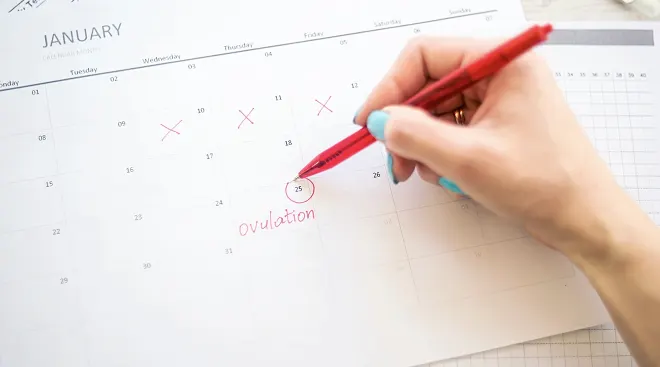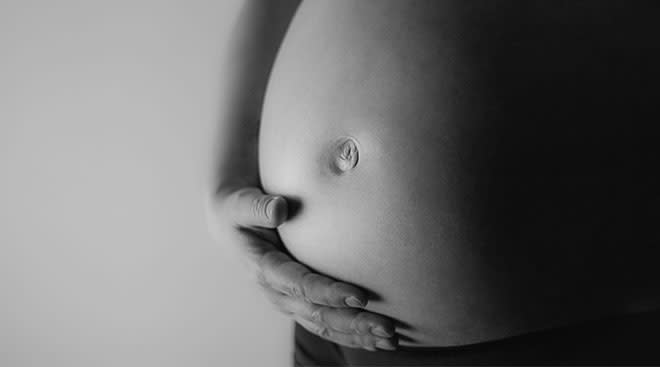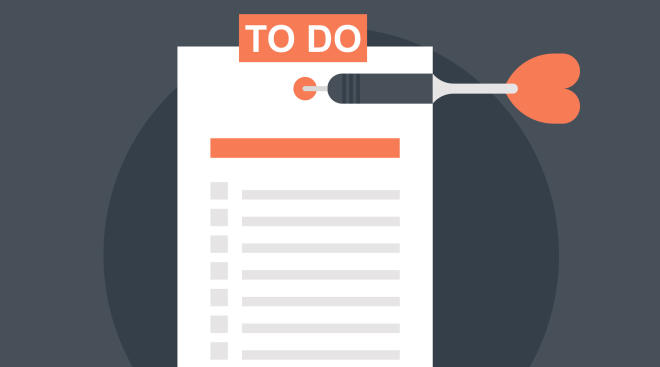6 Ways to Naturally Boost Your Fertility
Think fertility is a “you’ve-got-it-or-you-don’t” kind of thing? Think again. There are some simple lifestyle steps that can rev up your fertility…and your chances of getting pregnant.
Start eating for two
You need to nourish yourself before you can begin to nourish a growing baby. In general, good nutrition for your health is going to be good for conception and pregnancy, too. Start by choosing foods rich in whole grains, plus a rainbow’s worth of colorful fruits and vegetables every day. And get the skinny on fats, too, especially those rich in omega-3 fatty acids, which are components in all cell membranes. Eating salmon one or two times a week, or eggs fortified with DHA (a fatty acid found in fish oil that’s an important component in brain tissue) is a great way to get your omega-3s. Other fertility-boosting nutrition tips: Avoid trans fats, try to get protein from vegetable rather than animal sources, and try to consume one serving of full-fat dairy products a day.
The weight to be pregnant
Being significantly under- or overweight can negatively affect your fertility. Women who are underweight—with a body mass index (BMI) lower than 19 Kg/M2—take four times as long to get pregnant as women in the normal range (19 to 24 Kg/M2). On the other hand, women who are overweight may have insulin resistance, meaning that too much insulin circulates in the body, disrupting menstruation. Estrogen production from fat cells can also affect the ovaries and prevent eggs from being released every month. If you’re too thin, gaining as little as five pounds can sometimes be enough to jumpstart ovulation and menstruation. If you’re overweight, losing just 5 to 10 percent of your current body weight is often enough to do the same. But now is not the time to try a fad diet. Instead, find healthy eating and exercise habits that will last you through your pregnancy.
Supplements… to be sure
Begin (or continue) taking either a one-a-day type multivitamin or a prenatal vitamin containing folic acid. During the earliest weeks of pregnancy, before you may even realize you’re pregnant, the embryo’s neural tubes (the earliest version of the brain and spinal column) develop. Taking a supplement that contains folic acid will reduce the chance of defects.
Curb caffeine and alcohol intake
Caffeine’s role in fertility is one of those issues that surfaces every couple of years. The research is ongoing, and the verdict is still out. But as of now, most experts agree that as long as you limit your intake to less than 200 milligrams a day (the amount contained in one to two eight-ounce cups of coffee), your fertility shouldn’t be affected. As for alcohol, everyone knows that once you’re pregnant you should give it up. But the effects of moderate intake on fertility are not as well studied. Excessive alcohol consumption has been linked with anovulation (no ovulation), amenorrhea (no periods), and abnormalities with the endometrial lining. Alcohol can also alter estrogen and progesterone levels. An occasional glass of wine is unlikely to affect your fertility, but many experts think it’s best to be on the safe side and forego alcohol as soon as you start trying to conceive.
Stay calm
You’ve heard it before but yes, you should work to manage your stress. Stress can increase levels of cortisol [the so-called stress hormone], which can temporarily shut down your reproductive system. And, of course, stress can also affect your relationship with your partner, making intimacy more difficult. Some women find that yoga or meditation helps alleviate anxiety and tension. Others may need professional help to get stress under control.
Kick the habit today
Want a good reason to quit? Women who smoke go through menopause an average of two years earlier than women who don’t. That alone means smoking is toxic to the reproductive system. Smoking is also strongly associated with an increased risk of miscarriage, and women who smoke are more prone to ectopic pregnancies. If your partner smokes, now’s the time for him to quit, too. Not only shouldn’t you be exposed to secondhand smoke while you’re trying to get pregnant, but smoking lowers sperm count and quality. So if you want to get pregnant and have a healthy pregnancy and a healthy baby, both of you need to stop—immediately.
Please note: The Bump and the materials and information it contains are not intended to, and do not constitute, medical or other health advice or diagnosis and should not be used as such. You should always consult with a qualified physician or health professional about your specific circumstances.
Navigate forward to interact with the calendar and select a date. Press the question mark key to get the keyboard shortcuts for changing dates.




















































